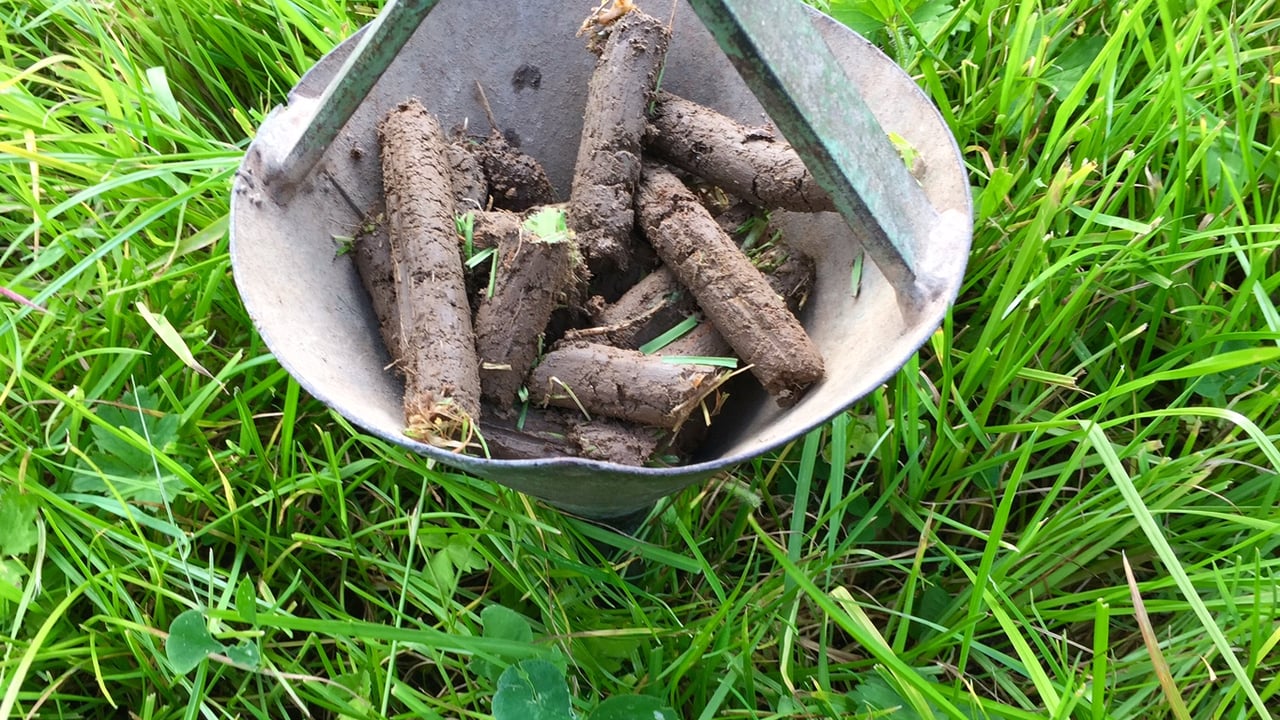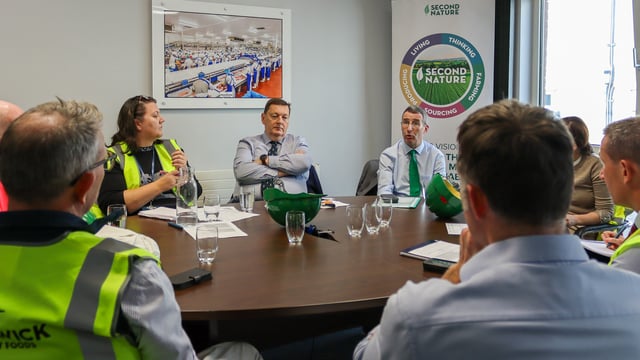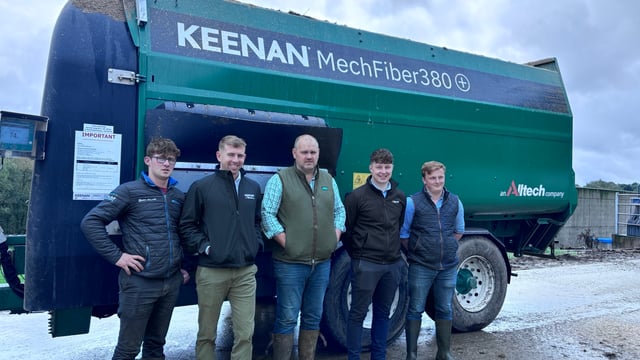Soil sampling and analysis programme opens for applications
Minister for Agriculture, Food and the Marine, Charlie McConalogue and Minister of State with responsibility for Land Use and Biodiversity, Pippa Hackett have today (Thursday, October 17) announced the opening of phase 3 of the soil sampling and analysis programme for applications.
As announced in Budget 2025, this phase of the programme has the potential to take an estimated 40,000 additional samples from farms all over the country.
The programme provides farmers and their advisors with comprehensive details about the nutrient status, carbon status and indicators of soil health on their farms.
According to the Department of Agriculture, Food and the Marine (DAFM), these results can be used to target soil management and farming practices to achieve economic and environmental sustainability on farms.
Instead of a payment each farmer will receive the analysis reports with information on macro- and micro- nutrients, soil carbon and indications of the presence harmful bacteria.
The department noted that participation is voluntary and it is open to all regions and farming enterprises.
The closing date for farmer applications under the programme is Wednesday, November 6, 2023.
This programme covers the cost of up to 16 individual soil samples for nutrient analysis, soil acidity, organic matter content and one test for surveillance of antimicrobial resistance (AMR) per farm.
The sampling area cannot exceed 4ha, except where soil types and cropping of lands were similar during the previous five years, then a sample area of up to 5ha shall be deemed acceptable.
The department said that land declared on the 2024 Basic Income Support for Sustainability (BISS) Scheme is eligible to be tested.
DAFM said that applications will be processed and accepted on a first come first served basis.
If oversubscribed a relative balance of enterprise type and region will be applied to select participants.
Minister McConalogue said that the health of agricultural soils is crucial for sustainable food production, efficient use of fertilisers, carbon sequestration and flood regulation.
"The soil sampling and analysis programme is establishing a comprehensive national baseline on the status and health of our soils across all Irish farming systems.
"Farmers have been supported thus far in taking over 170,000 samples under the previous phases of the Programme and I am delighted to provide this continued funding," he said.
Minister of State, Pippa Hackett added that "taking soil samples and acting on the results can save money for farmers, and crucially it also helps farmers to improve soil health and water quality and reduce agricultural emissions".
"Soils are complex ecosystems that perform amazing functions, and this programme will increase farmer awareness and understanding of their soils.
"This will ultimately help farmers to make more targeted management decisions and reduce their reliance on expensive chemical inputs," she said.
DAFM said that this initiative, along with establishment of the Irish Soil Moisture Monitoring Network, will provide Ireland with "infrastructure that will allow for the real-time reporting of a number of different climatic variables".
The National Agricultural Soil Carbon Observatory, which involves measuring greenhouse gases emissions across a variety of Irish soil types, will also inform future policy and provide accurate data on how management practices impact our soil resource.





